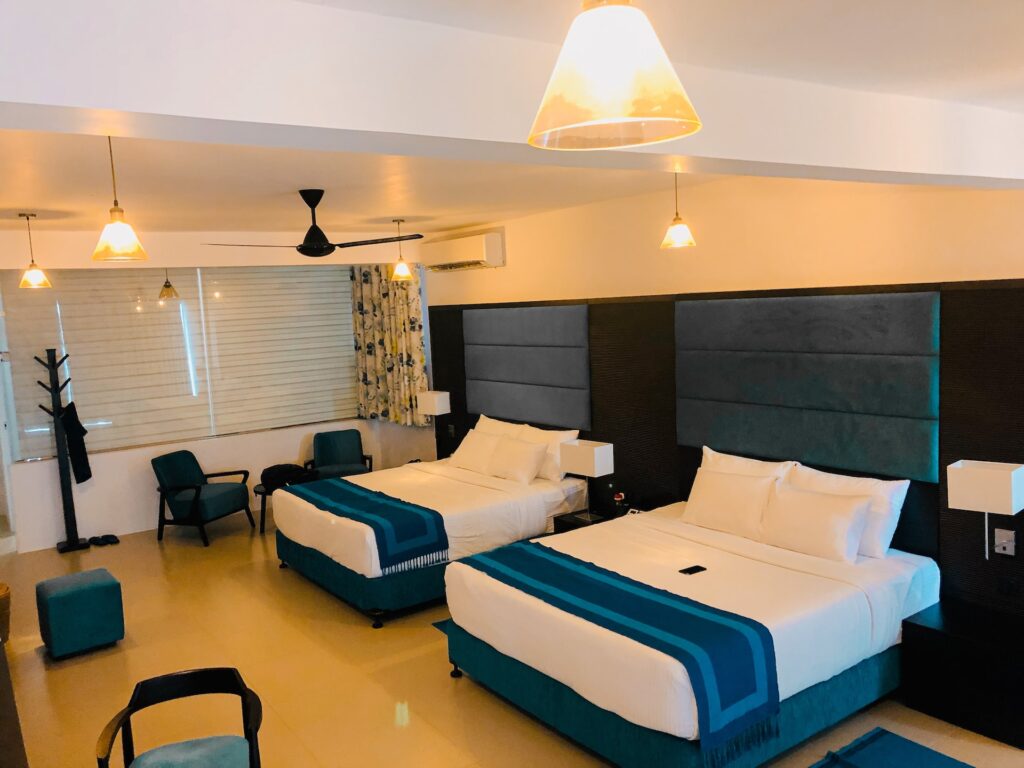It is common practice for businesses to send their employees on business trips for various reasons, such as attending conferences, meeting clients, or exploring new market opportunities. While expanding its operations could benefit the company, some pitfalls must be avoided. One of these is asking two or more employees to share a hotel room.
While this is a cost-saving measure, it could have disastrous consequences if suitable protocols are not followed. Read on to learn why asking employees to share a hotel room is not a good idea and how employers can ensure the safety of all their traveling staff.
1. Potential for Uncomfortable Situation
Companies paying their workers to stay in hotels together on business trips can lead to awkward interactions. Overcrowding, for example, or employees having widely divergent preferences about nap times or weather, can be embarrassing and inconvenient for everyone involved.
Employers should provide clear guidelines and expectations to ensure employees feel safe and respected when sharing a hotel room. They may also consider implementing a buddy system or other safety measures.
2. Impact on Employee Morale
Employee morale is one of the most important aspects of a successful and effective business. Therefore, requiring shared hotel rooms for employees can considerably impact employee morale. When employees are asked to share a hotel room, their sense of privacy and personal space can be infringed upon, leading to discomfort, resentment, and dissatisfaction.
3. Risk of Unprofessional Behavior
Sharing a room can be uncomfortable and create tension between coworkers, potentially resulting in improper and unacceptable conduct. It can include making inappropriate comments or jokes, arguing, or invading each other’s privacy. It can also lead to unwanted physical contact and sexual harassment.
Employers are responsible for ensuring their workers are safe and respecting each other’s boundaries. They should set clear expectations for their employees to minimize the risk of unprofessional behavior.
4. Risk of Privacy Issues
Employees may feel their privacy is compromised due to sharing a room and potentially undesired intimate contact. There is also the risk of compromising confidential information/documents. These risks can be mitigated if employers are mindful of the risks associated with requesting shared hotel rooms and make clear to employees what policies and standards will be in place during such travel.
5. Impact on Team Dynamics
Sharing a hotel room can increase the risk of negative impact on team dynamics among employees. The proximity of sharing a limited space with another individual, unfamiliar or otherwise, can create anxiety or uneasiness in employees. It can lead to decreased productivity and engagement of the team members, resulting in poorer quality work.
Conclusion
It is essential to learn the potential risks of requiring shared hotel rooms for employees before deciding to let them do so. The employer should weigh the pros and cons of such a decision, taking into account the safety and well-being of their employees.
Asking for feedback from existing employees and consulting with experts can also help make an informed decision about whether or not to allow shared hotel rooms. Doing this will ensure that the decision taken is based on all available information and ultimately puts the well-being of employees first.
Are you searching for clc hotel lodging in Utah? Check out Globeo! Our list of recommended hotels is regularly updated, keeping in mind the specific demands of our clientele. Our hotel partnerships department is always looking for new organizations to partner with so that we can meet the needs of our customers in terms of price, proximity, and convenience. Contact us now!



